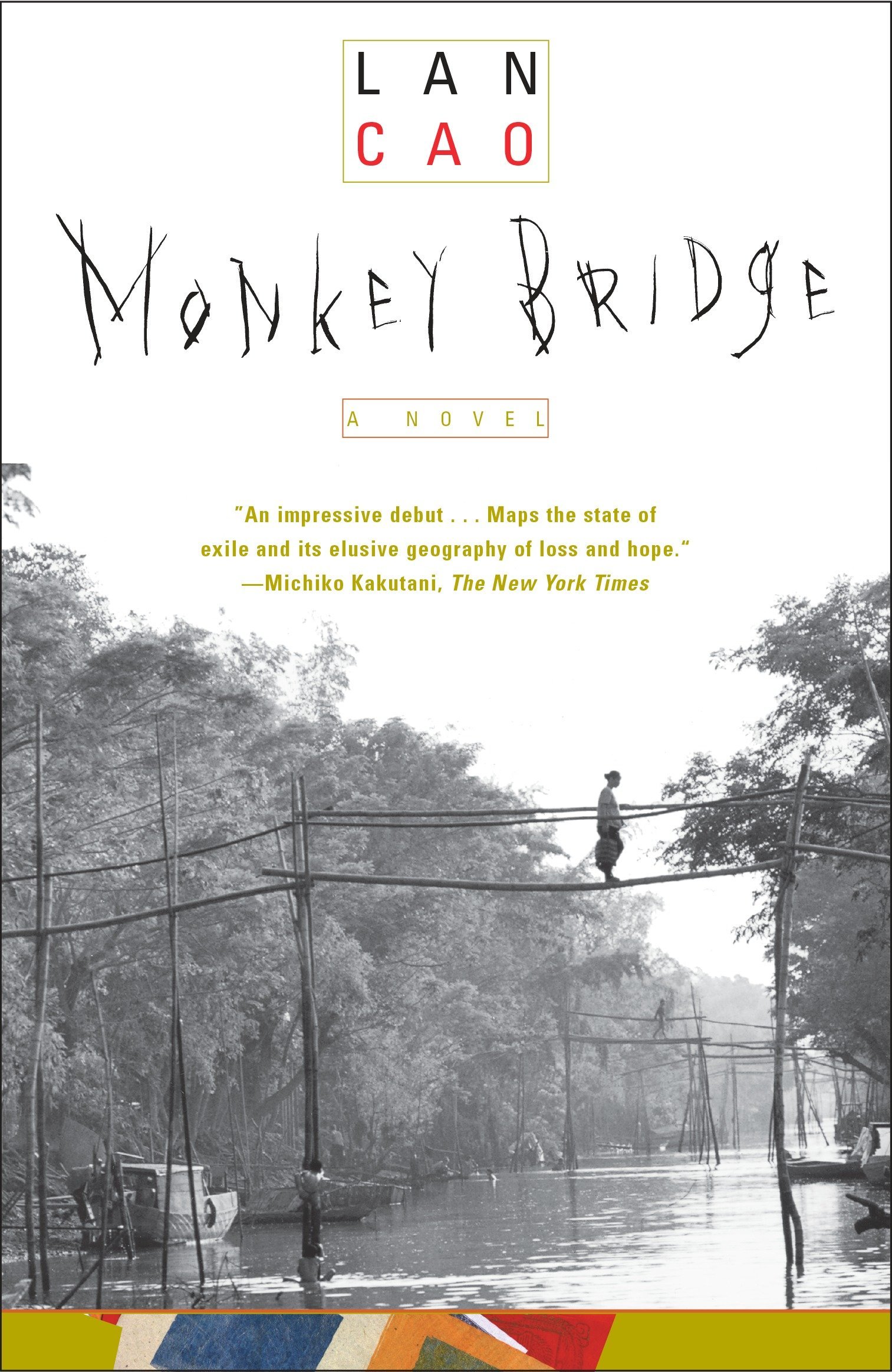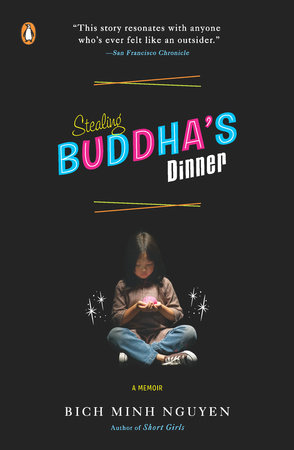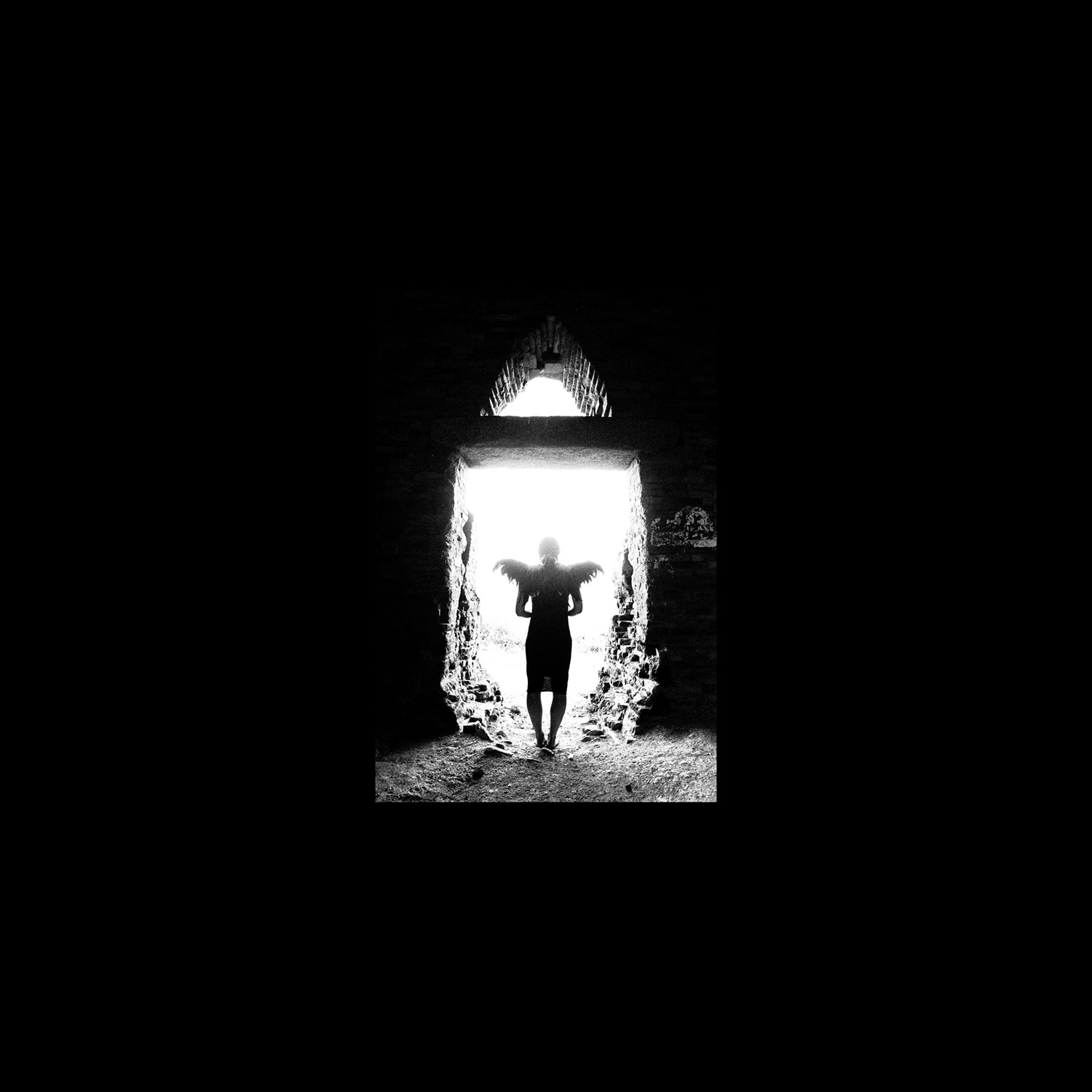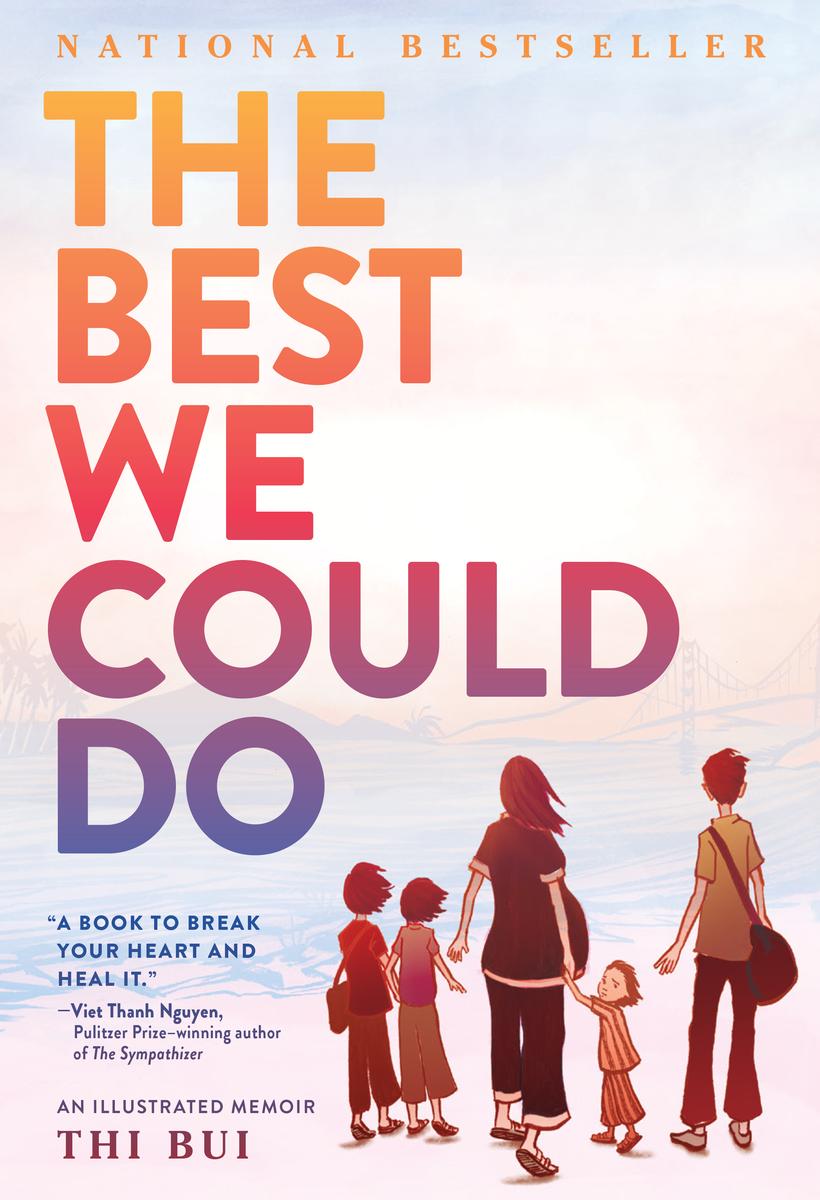Growing up, my parents never told me anything about their immigration story to the United States. I knew we were Vietnamese, that there was a war and then a great exodus. But the hard details were left silent. Trying to figure out what happened from other sources was likewise difficult given the lack of written stories by Vietnamese people. All my searches at the library brought up only war memoirs by American veterans or thick history books written by white men. And then there are the Vietnam War movies centered on the American experience, where the Vietnamese stayed voiceless.
It wasn’t until college that I encountered a book by a Vietnamese American writer. From there, I tried to read every book by a Vietnamese American I could find, learning that unspoken history along the way, often waiting years until another book was published. Reading and writing about Vietnamese diasporic literature for the last eight years as a contributor and now editor of diaCRITICS, I can confidently say the landscape of publishing has changed dramatically. Indeed, it almost feels as if we are in a Vietnamese diasporic literary boom, that our voices and stories are finally being heard, something I could have only dreamt of as a young Vietnamese American.
So it’s particularly delightful to have my debut novel Things We Lost to the Water published at this time. Things We Lost to the Water follows the experiences of a family of refugees who settle in New Orleans after the Vietnam War. There, they learn to make a new home while mourning the disappearance of an old one. It’s an exploration of immigrant lives and the various ways the past can haunt us. But more than this, I hope the book will remind people that Vietnamese Americans—and more generally Asian Americans—are part of the American South, its story, and its history. But this book wouldn’t have been possible without the growing canon of Vietnamese American writers telling stories that defy expectations of what it means to be Vietnamese American.
Here’s are some of the books I think are essential to understanding not only the Vietnamese American experience, but also Vietnamese American literature, its diversity and complexity.

Monkey Bridge by Lan Cao
Monkey Bridge follows the dual narratives of Mai, a child when she leaves Vietnam as the War ends, and her mother Thanh, through letters addressed to her daughter. Also central to the story is Thanh’s father Baba Quan, a mysterious figure whose secrets threaten to unravel everything Mai thinks she knows about the Vietnam War and her family’s role in it. The titular monkey bridge is a type of passway made of thin bamboo used to cross streams. Crossing it takes balance and bravery. Metaphorically, the monkey bridge is the path that Mai walks as she comes to learn more about the truth of her family’s history, on the cusp of obliterating everything she’s ever known.

The Book of Salt by Monique Truong
Truong’s debut novel introduces readers to Binh, a gay Vietnamese chef in Paris, serving Gertrude Stein and her companion Alice B. Toklas. Through Binh’s eyes, we see Stein’s private life and her literary salons in addition to his past in Vietnam, how he came to be in exile, and his current life as a nearly invisible servant. The book touches on big themes of colonialism and power but also identity and the search for love. In enthralling prose, Truong shows us that the history of the Vietnamese diaspora doesn’t start at the War. It goes further back and that history has a richness worth exploring.

Stealing Buddha’s Dinner by Bich Minh Nguyen
Using food as its compass, Stealing Buddha’s Dinner navigates Nguyen’s alimentary desires as a young refugee. Nguyen grows up with Vietnamese staples such as chả giò, bánh xèo, and gỏi cuốn, but in very white suburbia she longs for Pringles, Toll House Cookies, and 7UP. Food becomes a way to fit in, which is what the young Nguyen wants desperately. More than a coming of age story, Nguyen’s memoir is a thoughtful exploration and deconstruction of American identity and dreams. It also shows a thoroughly modern, blended American family that is Vietnamese, Mexican, and Midwestern.

The Sympathizer by Viet Thanh Nguyen
Told as a flashback in a confession, Nguyen’s Pulitzer Prize-winning novel The Sympathizer is, on one hand, a refugee story of an unnamed narrator who leaves Saigon during its fall and settles in Los Angeles. But things quickly get wonderfully weird. There’s the fact the narrator is a spy for the Communists; an Apocalypse Now-esque film shoot that goes wrong; and an attempt by exiled troops to return and overthrow the Communist government (to say nothing of the infamous squid scene!). All the while, the narrator’s sympathies—for his communist brethren as well as his new American ideals—hangs in the balance. The Sympathizer is a bold book of big ideas, but it’s also a spy novel and a rollicking metafiction. And though it doesn’t attempt to be realism in any sense, it gets to the heart of the complexities and politics of Vietnamese American identity.

We Are Meant to be a Gentle People by Dao Strom
Using prose, poetry, photographs, and songs, We Are Meant to be a Gentle explores creation myths, word etymology, and historical documents in the author’s attempt to find where she stands in the story of the Vietnamese diaspora as the daughter of a South Vietnamese journalist with a Danish stepfather, growing up in the Sierra Nevada with a biological father that stayed behind in Vietnam. This is an interrogation of the language we use to describe our experiences and an act of resistance against any neat idea of a singular Vietnamese refugee narrative.

Night Sky With Exit Wounds by Ocean Vuong
To speak of the Vietnamese American experience is to, at some point, remember the violence that led many away from their country of birth. The title of Ocean Vuong’s debut, Night Sky with Exit Wounds, alludes perfectly to that. Vuong writes of that violence in the titles of some of his poems—“Aubade with Burning City,” “Deto(nation),” “Self-Portrait as Exit Wounds.” Still, Vuong is cognizant of the tenderness that is distinctly Vietnamese and queer. This powerful collection deals with the inheritance Vietnamese Americans are given as well as the love we are handed over to nurture. And through that—a way towards healing.

The Best We Could Do by Thi Bui
There is always that gap of experience between parents and their children, but it seems larger for families who have gone through historic trauma. Thi Bui fills that gap in the graphic memoir The Best We Could Do. Often reticent about their own experience, Bui’s parents hardly ever opened up about what happened. But the birth of her son gives the author and illustrator the impetus to explore their journeys—from Vietnam to the US and through parenthood. Using oral history style interviews, Bui illustrates the pain they were subjected to and the sacrifices they made—from French occupation to the aftermath of the War. Revelatory and heartbreaking, The Best We Could Do felt like the book I was waiting for all my life.

water/tongue by mai c. doan
Moved by the suicide of their great-grandmother, doan charts the trajectory of intergenerational trauma that goes back as far as Vietnam’s ancient history (the Trung Sisters who drown themselves after defeat) and the gendered impacts of occupation, colonialism, patriarchy, and capitalism. Significantly, water/tongue is about bodies—particularly the femme Vietnamese diasporic body—and not just when it suffers at the hands of oppression, but how it survives. Spare, daring, and haunting, doan takes a radical look at history and systems of oppression and asks readers to reimagine it as something alive and living on our bodies.

If I Had Two Lives by Abbigail N. Rosewood
If I Had Two Lives begins in 1997, long after the War. The daughter of a prominent activist, the unnamed narrator is sent to live in the United States with relatives where she lives a lonely existence until she meets a mysterious and seductive woman and her husband. The woman reminds the narrator of a childhood friend and soon their lives become inextricably intertwined. Though it touches on many of the themes seen in other Vietnamese American literature—such as Americans’ general misconception of Vietnam and Vietnamese people—If I Had Two Lives opens up the possibility of postwar Vietnamese American narratives and lives. We are, after all, not a war.

Fantasy by Kim-Anh Schreiber
If Rosewood signals a new frontier of Vietnamese American narratives, Kim-Anh Schreiber and her book Fantasy imagines new ways of telling these stories. Part film criticism, part narrative prose, and part unstageable play, Fantasy focuses on a biracial Vietnamese German American woman’s distant relationship with her Vietnamese mother, who abandons her after coming to the States. The result is a haunting of the narrator’s life by the figurative ghosts of her mother and her Vietnamese heritage. Which makes the essay about Nobuhiko Obayashi’s horror film House that takes up a third of the book more poignant, a frame through which the narrator can view her life. Schreiber represents a possible future for Vietnamese American literature—one that is rooted in a shared diasporic experience yet unbounded by convention. In doing so, Schreiber tells a unique story that defies any expectation of what it means to be Vietnamese American.
The post 10 Essential Books by Vietnamese American Writers appeared first on Electric Literature.













